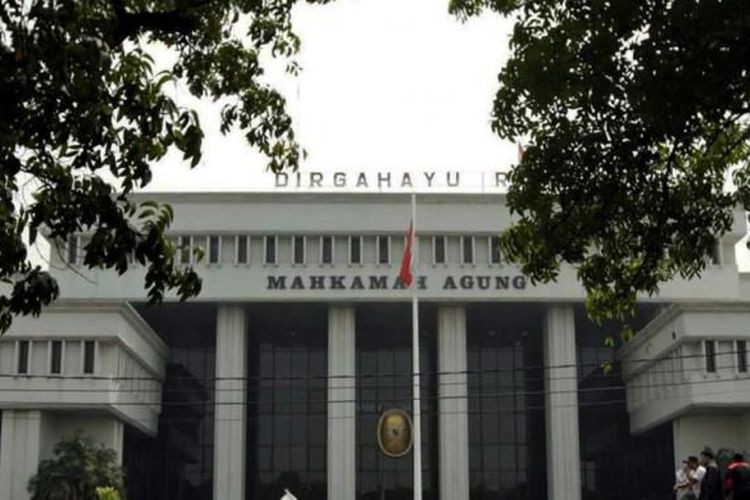Popular Reads
Top Results
Can't find what you're looking for?
View all search resultsPopular Reads
Top Results
Can't find what you're looking for?
View all search resultsSupreme acquittal
The Supreme Court is not exactly known as the standard-bearer for integrity and good, clean governance, but until very recently it had at least regularly lent its hand in the fight against graft spearheaded by the Corruption Eradication Commission (KPK).
Change text size
Gift Premium Articles
to Anyone
T
he Supreme Court is not exactly known as the standard-bearer for integrity and good, clean governance, but until very recently it had at least regularly lent its hand in the fight against graft spearheaded by the Corruption Eradication Commission (KPK). In cases in which a graft convict filed an appeal for reduced jail time, the court more often than not opted to instead increase the sentence.
The court rejected in 2015 an appeal filed by former Constitutional Court chief justice Akil Mochtar and upheld a verdict delivered by the Jakarta antigraft court, which sentenced him to life in prison.
One year earlier in 2014, in a money laundering case involving former Prosperous Justice Party chairman Luthfi Hasan Ishaaq, the prison term for the politician was increased from 16 years to 18 years.
In 2015, the Supreme Court rejected an appeal filed by former Democratic Party chairman Anas Urbaningrum and increased his sentence to 14 years, double the length of time handed down by the Jakarta High Court.
The court made the decision to hand down harsher punishments in more than a dozen cases involving high-profile graft convicts such as Democratic Party politician Angelina Sondakh and former head of the Traffic Police Insp. Gen. Djoko Susilo.
And in most cases in which the court decided to get tough on graft convicts, one name — Artidjo Alkostar — came up again and again. Artijo’s no-nonsense demeanor and his track record as a clean judge has spooked graft convicts who have to think twice before lodging an appeal.
Artidjo retired in May of last year and the acquittal of former Indonesian Bank Restructuring Agency chairman Syafrudin Arsyad Temenggung on Tuesday could be seen as a direct impact of his absence. Shortly before Artidjo’s retirement, antigraft activists warned that the KPK would lose an ally in the fight against graft and that it would face a setback in its prosecution of mounting graft cases.
Indeed, it did not take long for graft convicts to file an appeal or judicial review to the Supreme Court in the wake of Artidjo’s retirement.
Indonesia Corruption Watch recorded that at least 24 graft convicts filed petitions for a judicial review. These graft convicts include former health minister Siti Fadilah Supari, who was sentenced to four years’ imprisonment over procurement project graft, and former religious affairs minister Suryadharma Ali, who was sentenced to 10 years in prison over haj-related graft.
We can expect in the coming months that the court will consider issuing more verdicts in favor of graft convicts and the KPK will see more of its work undone. With the acquittal of Syafrudin, antigraft investigators will have more difficulty in prosecuting tycoon Sjamsul Nursalim and his wife Itjih, both graft suspects.
It should not be this way. The integrity of an institution should not rest on the shoulders of one individual or two. The Supreme Court should clean itself up or risk losing what is left of the people’s trust.










